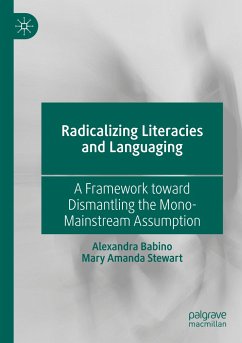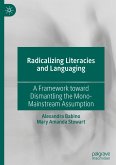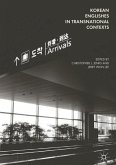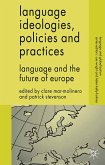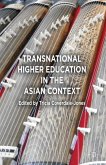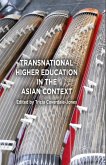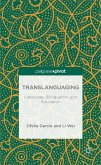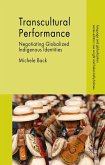This book names and confounds the mono-mainstream assumption that invisibly frames much research, the ideologies that normalize monolingualism, monoculturalism, monoliteracy, mononationalism, and/or monomodal ways of knowing. In its place, the authors propose multi- and trans- lenses of these phenomena steeped in a raciolinguistic perspective on Bourdieu's reflexive sociology to move toward a more accurate, multidimensional view of racialized peoples' literacy and language practices. To achieve this, they first engage in a comprehensive review of literacies, languaging, and a critical sociocultural framework. Then, the distinct testimonios of four women underscore this framework in practice, followed by action steps for research, policy, and pedagogy. This book will be of particular interest to literacy and language education researchers.

